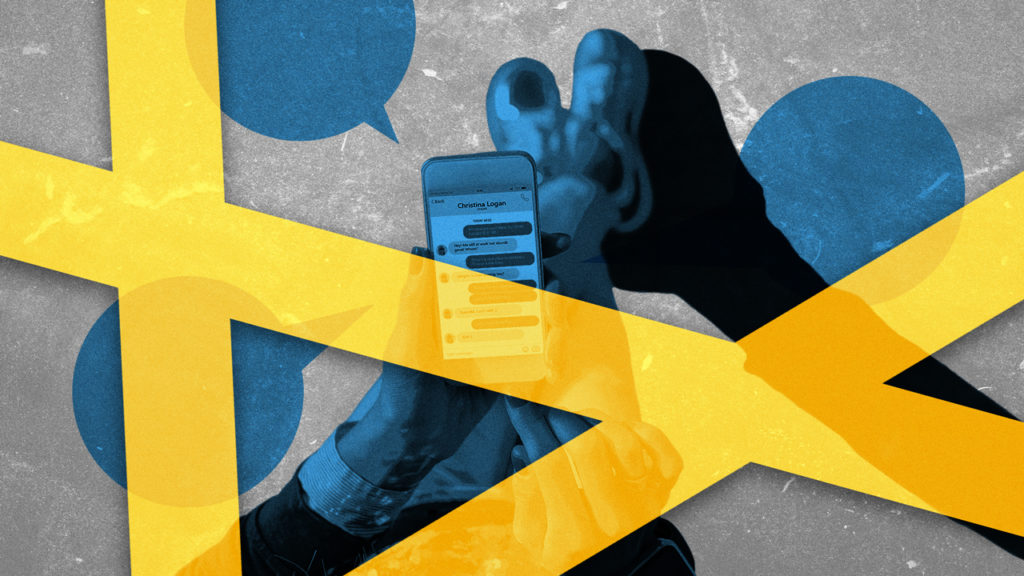Groups and events have become prioritized in Facebook’s new redesign, impacting the ways brands connect with users. While attention is drawn away from ads in the news feed, Groups could potentially encourage more organic, measurable brand engagement.
During its annual F8 conference, Facebook announced that it has redesigned the layout of its app to put Groups and Events front and center. The desktop site will also get an update in the coming months to match.
There are currently “tens of millions” of active groups on Facebook, the company said, adding that more than 400 million people on Facebook belong to a group that they find “meaningful.”
Drawing attention away from the news feed means that brands will need to rethink their strategies.
“Facebook groups create a great opportunity for brands to dive into specific audiences and really see what they’re talking about, what are they interested in and how to curate a community they want to be a part of,” Jeanette Ornelas, senior digital marketing analyst at Mintel Comperemedia told AList.
She added that Facebook’s announcement came as no surprise based on previous research at Mintel. Specifically, when speaking to older Gen Z consumers about their Facebook usage, respondents usually cited groups and events as motivation.
Considering Facebook’s struggle to retain younger users, the pivot to prioritize features they commonly use makes sense. Not only does the move cater to user preferences, but a focus on groups will force brands to interact with users in a more organic way.
“There are so many platforms out there that are more like public forums whether that be your Twitter, Instagram or the Facebook news feed,” Ornelas explained. “But with [Facebook] groups, [the interaction] is a lot more curated and niche, aligning with specific interests.
“It gives you a better way to reach people and really understand their specific interests which ideally would set you up to be more relevant and offer more value. That’s the main shift Facebook is hoping for,” she said.
Brands don’t necessarily have to own the group, either, Ornelas suggests, using Refinery29’s Money Diaries group as an example. The media brand partners with financial partners that offer money management tools, but they are not administrators on the group.
“In financial services in particular where trust is a critical factor, how open someone would be with a brand versus a community that is not branded can come into play,” added Ornelas. “Brands should consider when it makes sense to own the conversation as opposed to partnering with an established group that would benefit from its services.”
As eyes move away from the news feed, Ornelas said she wouldn’t be surprised if brands turned to influencers for help. However, brands will need to identify an audience that aligns with their goals and offer value outside of a “purely promotional play.” After all, she added, the influencer marketing industry is already saturated which makes ROI tracking a challenge.

